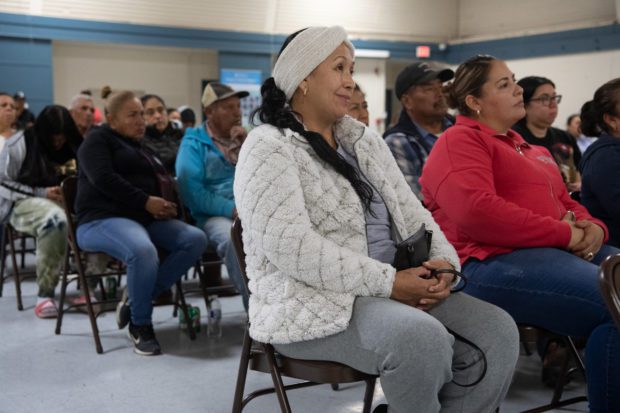
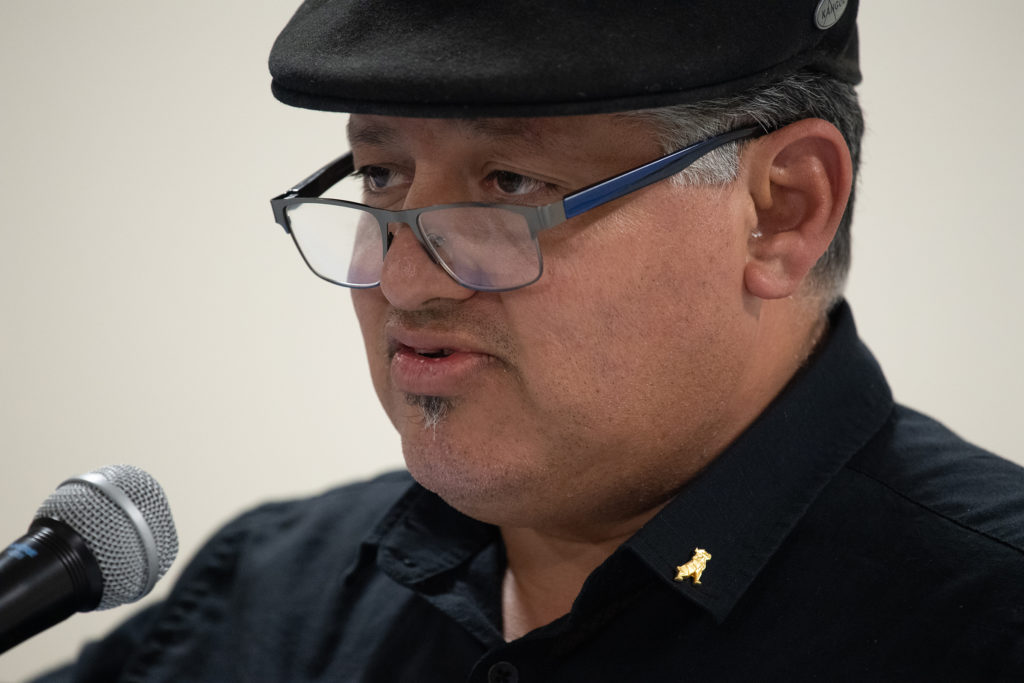
“Hate comes in many forms. When our youth do not have equal access to public education, there is a lack of equity and it can oppress and limit opportunities for social mobility and progress. That’s why we’re standing up for our students and our rights.”—Rey León, mayor of Huron
Hate stems from fear and ignorance; the best lines of defense are knowledge and bravery.
We have all heard the saying that “knowledge is power.” Without knowing the causes for things, how can we ever change them for the better?
Throughout American history there have been a plethora of examples of institutionalized racism, where the system has been designed to undermine communities of color. One of many issues with our school systems is how schools in predominantly Black and Brown neighborhoods are severely underfunded and underserved.
Huron is a small rural city in west Fresno County with a population of approximately 7,100 (depending on the harvest season), 94% of whom are Hispanic. This primarily immigrant and farmworker community has continued to grow over the past few decades, despite not receiving needed resources.
On Nov. 17, more than 100 people gathered at the John Palacios Community Center for a town hall meeting set up by the San Joaquin Valley Media Alliance, the Community Alliance newspaper and Huron mayor León to discuss the need for a local high school and the steps needed to make that dream a reality. Local residents and community leaders from nearby rural communities attended to listen and participate in the discussion.
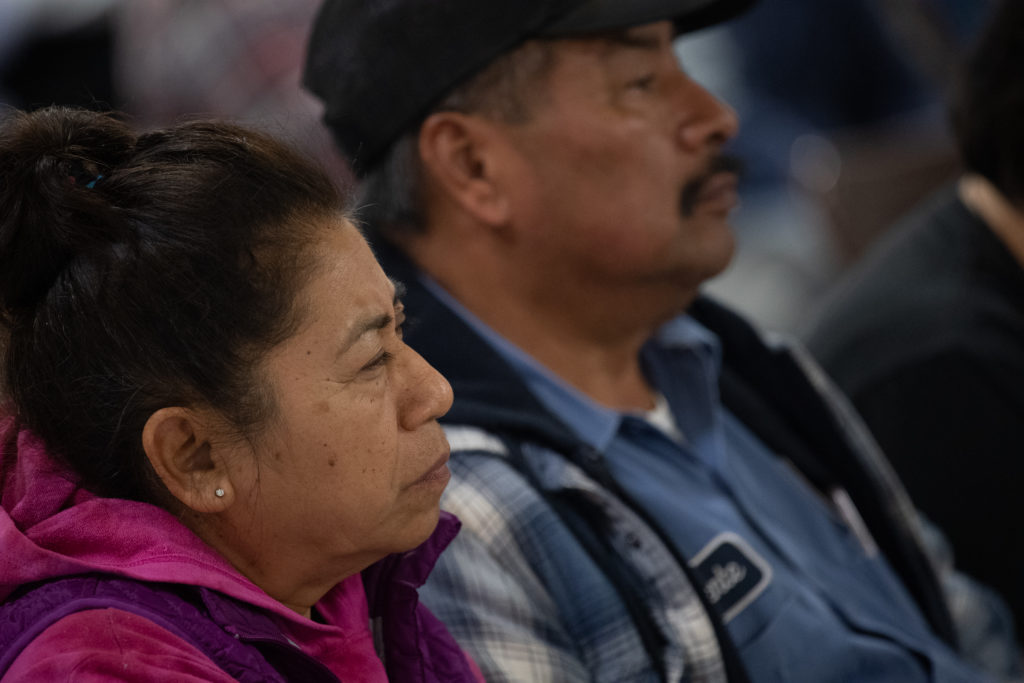
Arely Arellano, who spoke at the community meeting, is a Huron resident who graduated from Coalinga High School in 2011 with a 4.3 GPA. She was selected as the valedictorian, but the school decided to add another valedictorian, one from Coalinga, to “accompany” her, despite Arellano, now a Huron City Council member, having a higher GPA—a decision considered discrimination.
Asked if she believed Huron kids were treated differently than Coalinga kids at school, she answered, “Yes. The difference is that Coalinga students are familiar with the teachers because they’re their neighbors or parents, friends or related to them.
“In Huron, I noticed that the middle school students converse with their teachers because they’re from Huron, so it’s a different environment. More friendly. More inviting. More relatable. In Coalinga, we are the outsiders.”
Huron established its middle school in 1996, and an elementary school had been built 16 years prior. This rural community is desperate to help future generations receive the education that wasn’t available to them.
Many parents and grandparents shyly admitted that they barely knew how to read and had dropped out of school early in life out of necessity. They work hard in the fields every day, only asking that their children be given a chance to accomplish something they weren’t able to.
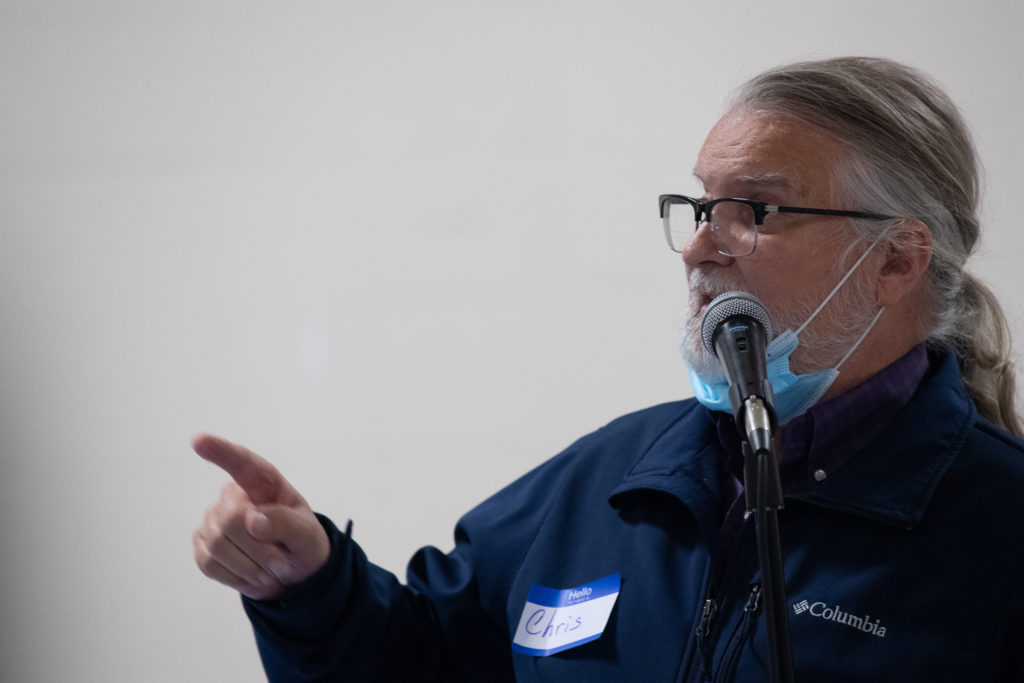
Coalinga High, founded more than 100 years ago, is the nearest high school for kids in Huron to attend. Although the towns are about 30 minutes apart, kids from Huron take an hour-long bus trip to get there. Moreover, the bus doesn’t have enough space for all the students, leaving some to sit on the floor the entire time.
Some teenage boys joined the meeting, watching the adults in their community talking about their future. Asked about the prospect of having a high school closer to home, one of them nodded, “We really need one, for real. Sometimes I miss the bus, and that means I can’t get there so I miss the whole day.”
Another boy said he dreaded graduating from middle school in May, knowing the struggle getting to school that awaits him in the fall.
A few parents such as Jimena Montes spoke of the need for a local high school. A resident and mother, Montes spoke about her own experience raising kids having to travel so far to school.
Having lived in Huron for 30 years, raising two daughters and now four grandkids, she is all too familiar with the hurdles that teenagers and their parents face within their school district. She recalled being regularly summoned to Coalinga High whenever her daughters had issues with classmates.
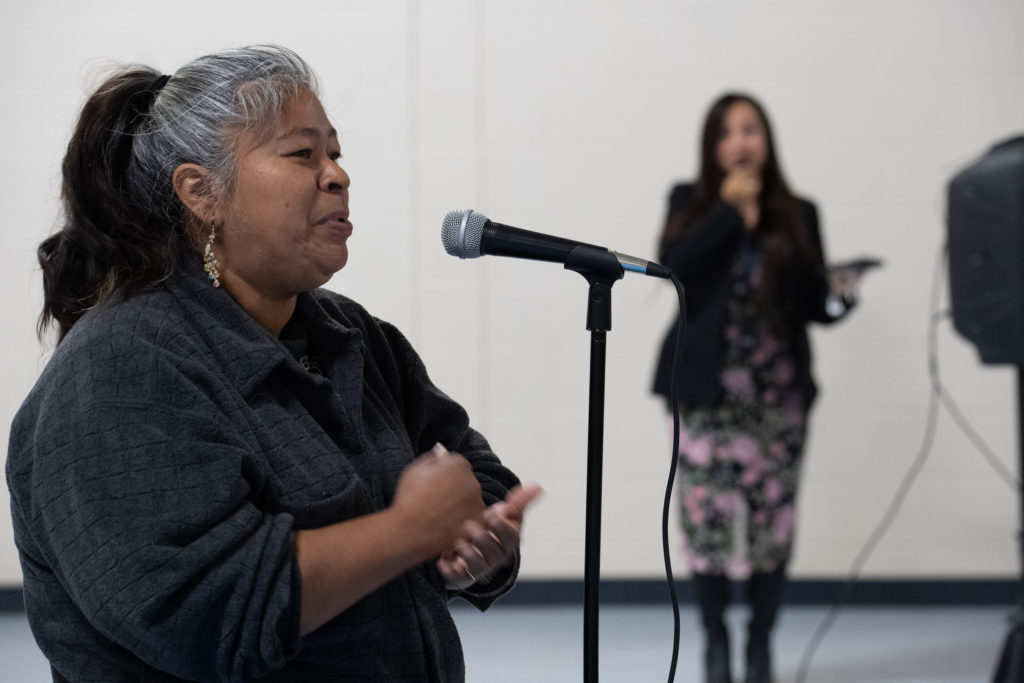
She often didn’t have a ride to get there and eventually had to ask the principal to stop calling her in unless it was an emergency as going there often was not a possibility for her. She urged everyone in the room to do everything necessary so that their kids could attend a school closer to home where “they belong.”
“Bring friends, the neighbor, the uncle, everyone!,” she said. “We can’t let them treat us like trash, we aren’t trash.”
The rise in hate crimes throughout California and across the United States has created widespread calls for action, with funding provided for this series by the California State Library under the statewide Stop the Hate initiative. The Huron town hall was organized by the San Joaquin Valley Media Alliance, the Community Alliance newspaper and Huron Mayor Rey León.
